Everyday Divination
Christie Beauchamp
Divination has been used for centuries as a way to gain insight and guidance on life's many mysteries. The earliest known divination practice dates from the fourth millennia B.C in Sumeria, when people would use celestial events, the weather, geological formations, waterways and plant life to divine messages. A seal found from this time period depicts the word Azu, which meant water-divinator.
In ancient Greece, the Oracle of Delphi would enter a trance-like state to channel the god Apollo and deliver prophetic messages to the seekers who came to her for guidance. But the practices haven’t always had to centre on the divine. One of the (in my opinion) weirdest forms of divination I have ever come across is the ancient practice of haruspicy: a form of divination involving reading the entrails of a sacrificial animal. Haruspicy was performed by specifically trained practitioners called Haruspex and they were typically respected and revered for their services.
Where the ancient Romans were concerned, divination was primarily focused on discovering the will of the gods. While the idea of connecting with deity is prevalent throughout the history of divination, the practice was also used by regular people to answer practical, real-life questions. As a result, many of these divinatory practices are still used today, such as suspending a wedding band on a length of string over the stomach of a pregnant woman to determine the sex of her baby, or picking the petals off a daisy to discover whether your crush loves you back. It’s strange to think back to the 16th and 17th centuries where performers of these practices were persecuted. It’s just human, right?
Modern Divination
It is safe to say that divination is more popular than ever in the 21st century. The explosion of interest in witchcraft means that there are now thousands of tarot decks to choose from, and we all know that they are the gateway tool to other witchy practices like astrology, pendulums, and runes. Most often these tools are used by those of us who identify as a witch or spiritual practitioner, but have you ever thought about the many ways that people you know - who wouldn’t call themselves even a bit ‘witchy’ - practice forms of divination without even realising it?
Everyone Divination
You might have a friend who always points out a repeating number sequence, like 11:11 or 222, and says it’s a sign or message from the universe. How would they feel if you pointed out to them that this is a form of divination called numerology, and whether they would delve further into interpreting the meanings behind numbers.
Another common form of divination is dream interpretation - and whose eccentric auntie doesn’t love a bit of dream interpretation? Our dreams can often hold hidden messages and symbols that can offer guidance and insight into our lives, so paying attention to recurring symbols or themes in our dreams can help us gain a better understanding of our subconscious minds.
Even seemingly mundane actions like flipping a coin or picking a card from a deck can be considered forms of divination. These methods, known as sortilege, involve using chance or randomness to gain insight or guidance and I bet your butt that almost every single person you know has used at least one of them.
Embrace Your Innate Abilities
As witches, incorporating divination into our practice most often feels so natural, and I think that is because of this inherent human desire to know the unknown. So many witches I have spoken to have said their journeys along the path started with tarot, but I don’t think it’s a stretch to suggest that they were likely practicing divination way before that, too! Divination can be a powerful tool for self-discovery and growth, and I think it’s wonderful that we all get to share that regardless of whether or not we are a witch.
If you have felt like this is an area of your practice you haven’t really explored yet, take some time to think about all the ways in which you practice divination every day. Embrace your innate divinatory abilities and trust that the guidance you receive can help you navigate life's many mysteries.
About the author: Christie Beauchamp is the Creative Director at Witchology. She also shares her art, journaling and grimoire creations via Instagram and TikTok under the handle @thejournalsupreme.


